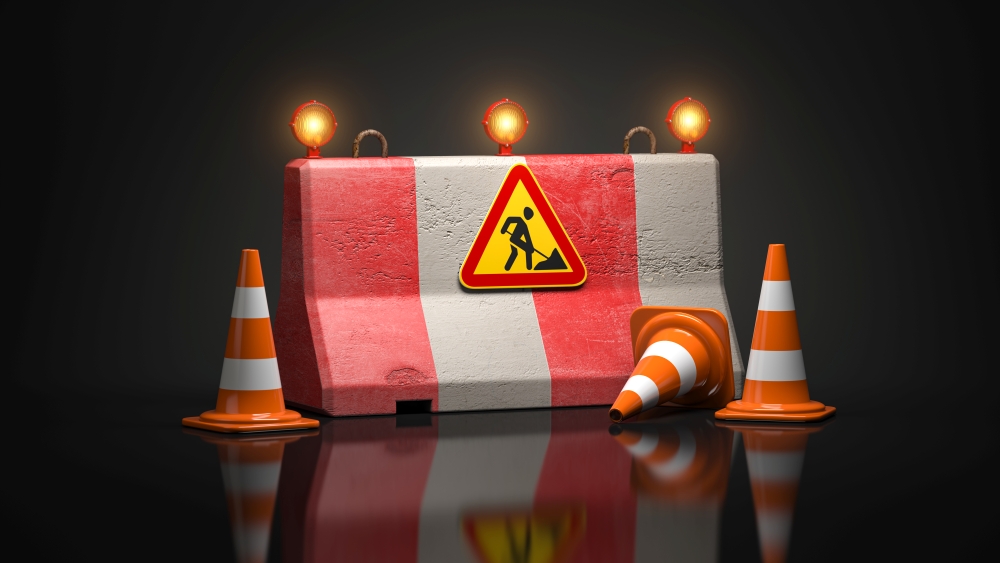Final Phase of California Truck and Bus Engine Emissions Rules, Now in Effect
Beginning Jan. 1, if you operate a commercial motor vehicle in California with a pre-2010 emissions-spec engine, your ability to operate in the state will be in jeopardy.
Over 10 years ago, the California Air Resources Board’s Truck and Bus Regulation banned the use of 2006 and older emissions-spec engines, with some narrow exceptions, with the expectation over time that the requirements would tighten further. CARB issued a schedule outlining the dates for ratcheting up the engine requirements. Per this schedule, beginning in 2023, all engines for heavy-duty vehicles must meet the requirement of operating with 2010 or newer engine. Companies who do own a 2010 model year CMV with a 2010 model year engine can report that their engine is compliant through CARB’s Excluded Diesel Vehicle Reporting database (EDVR). CARB suggests that this information be submitted “well in advance of your registration due date” to minimize the possibility of registration delays.
While primarily intended to target vehicles domiciled in California via monitoring of their DMV registrations, CARB inspectors maintain the ability to cite non-compliant vehicles, including out-of-state operators, during inspections at border crossings, rest areas, weigh stations, fleet facilities and other locations where trucks and buses are present. Penalties start at a minimum of $1000 per violation and could become progressive, or could result in your vehicle being Impounded by the California Highway Patrol till compliance is reached.
Many out-of-state operators who would not otherwise be in compliance, should utilize the CARB low-use exemption from this regulation. Low-use vehicles are vehicles that travel less than 1,000 miles per year, including vehicles that are not operated (even if they have a non-op registration). A vehicle that travels more than 1,000 miles annually can use the low-use vehicle exemption as long as it operates less than 1,000 miles within California each year. The low-use option allows the vehicle to be exempt from PM filter and engine replacement requirements. Annual online odometer reporting in TRUCRS is required to demonstrate compliance with this option. Third party records must be kept and provided upon request to obtain and maintain this exemption.
Click here to read the Compliance Fact Sheet.
Questions? Call (866) 634-3735 or email [email protected].
